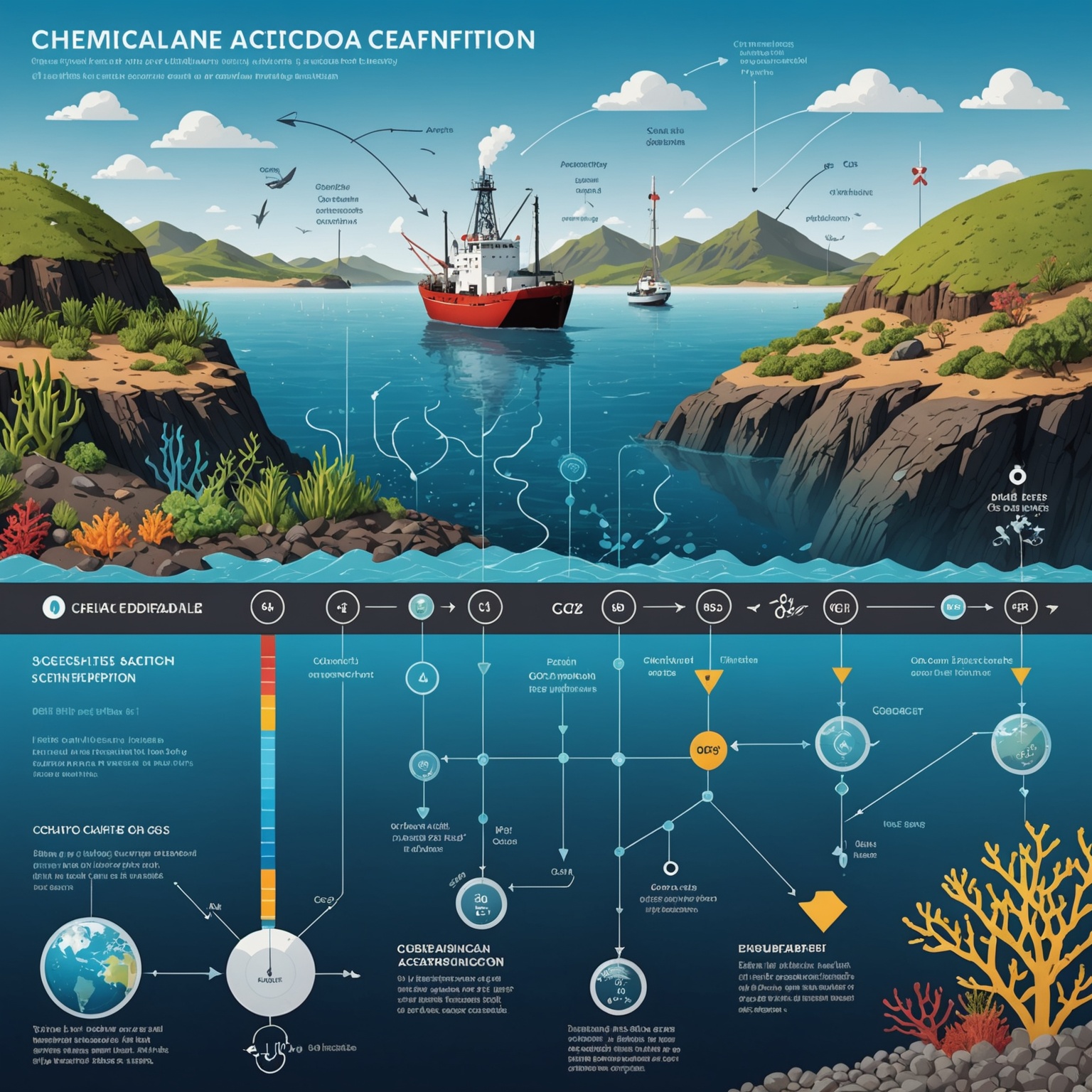The Interplay Between Ocean Acidification and Marine Life

The Interplay Between Ocean Acidification and Marine Life
As the levels of carbon dioxide (CO2) in our atmosphere rise, the world’s oceans are undergoing a significant chemical transformation. Ocean acidification, a direct result of increased CO2, is a growing concern with potentially devastating impacts on marine biodiversity and ecosystems. This comprehensive guide delves into the ramifications of ocean acidification, exploring its effects on marine life and the broader ecological balance of our planet.
Understanding Ocean Acidification
Ocean acidification refers to the decrease in pH levels of the Earth's oceans, caused by the uptake of CO2 from the atmosphere. When CO2 is absorbed by seawater, chemical reactions occur that reduce seawater pH, carbonate ion concentration, and saturation states of biologically important calcium carbonate minerals. These changes pose serious threats to a wide range of marine organisms and ecosystems.
Recent studies show that the rate of ocean acidification is accelerating, which could lead to more frequent and severe impacts on marine habitats and the organisms that depend on them. The primary concern is how these chemical changes affect marine species from microscopic plankton to large marine mammals, and how these effects cascade through the marine food web.








